Two large, brooding figures linger among the trees. Covered in black from beak to claw, the birds hop a few times before they lift into the air and soar above the rooftop.
In case you don’t read any further, we’ll start with this: PLEASE DO NOT BOTHER THE VULTURES!
The courtyard near the portables has recently become host to a pair of black vultures, who have chosen a spot to nest and lay their eggs.
English teacher Mrs. Heather Dickson first discovered the vultures periodically flying near the portables. Intrigued, she decided to investigate and in turn found a the eggs right outside the school.
“I noticed two very large…vultures, which I shooed away,” Mrs. Dickson said. “I went looking for a dead object, which I did not find. I found [eggs] instead.”
Black Vultures, more formally known as Coragyps atratus, are native to North America. According to Hawkwatch.org,
Black Vultures are social, highly gregarious birds often seen in groups with Turkey Vultures year-round where their ranges overlap. They are scavengers, but have a weakly developed olfactory system compared with Turkey Vulture, which they partly rely on to smell and find decomposing animals, especially in less open areas. They also roost side by side with Turkey Vultures. Black Vulture is a common breeder across the Southeast west to central Texas…They are shy and wary birds, but are easy to approach in the southeast part of their range. Although smaller than Turkey Vultures, Black Vultures are aggressive and often chase away Turkey Vultures that may be present at a carcass. Black Vulture is often seen eating road kill, and at landfills eating refuse. They nest in the tops of broken tree trunks, in vacant buildings, or on the ground in spots with sufficient overhead cover. Black Vultures are generally silent, but occasionally make eerie ‘hissing’ sounds when aggressive, alerted, or approached.
Some may find the large black birds to be frightening, but others welcome the new wildlife .
“I love that the vultures have chosen to nest here. Our job as humans is to live in our environment and they are part of our environment,” AP Statistics teacher Mrs. Penny Smeltzer said. “If the school wants to move them, they can move them into my backyard.”
Actually, black vultures are a protected species under the Migratory Bird Treaty Act of 1918 and therefore it is illegal for them to be moved or harmed in any way. Principal Mrs. Laurelyn Arterbury asks that students be respectful of nature and let the birds nest in peace.
If you would like to see Westwood’s newest guests, it’s easy to take a look through the glass looking out onto the courtyard from the hallway. The doors have been taped off to help keep the birds undisturbed, but they don’t seem to mind being observed. Whether they are with us for a long or short time, the vultures chose Westwood as the place to start their new family.
Maybe we should consider a new mascot. How does Westwood Vultures sound?
Some information in this article came from hawkwatch.org and audubon.org.
Editor’s note: An earlier version of this article misidentified the birds as Turkey Vultures. We appreciate Mr. Dale Fritch calling our attention to the differences between the two species.

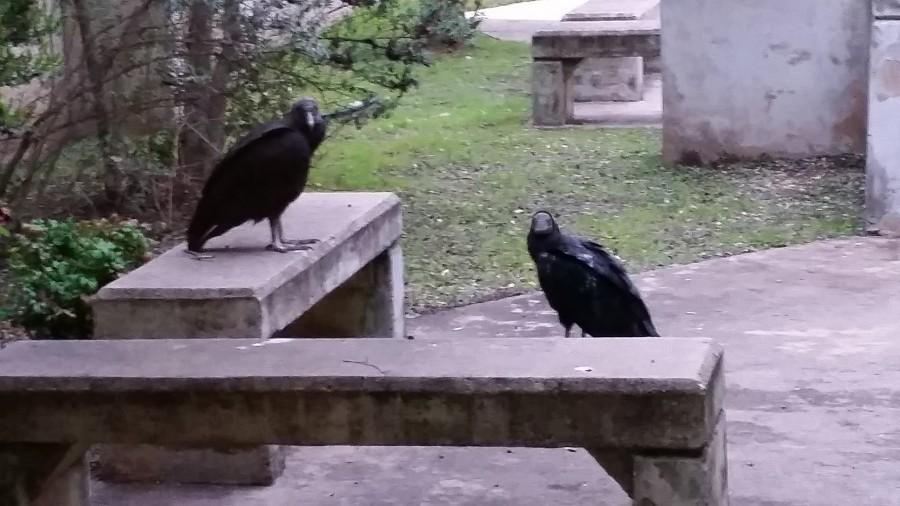
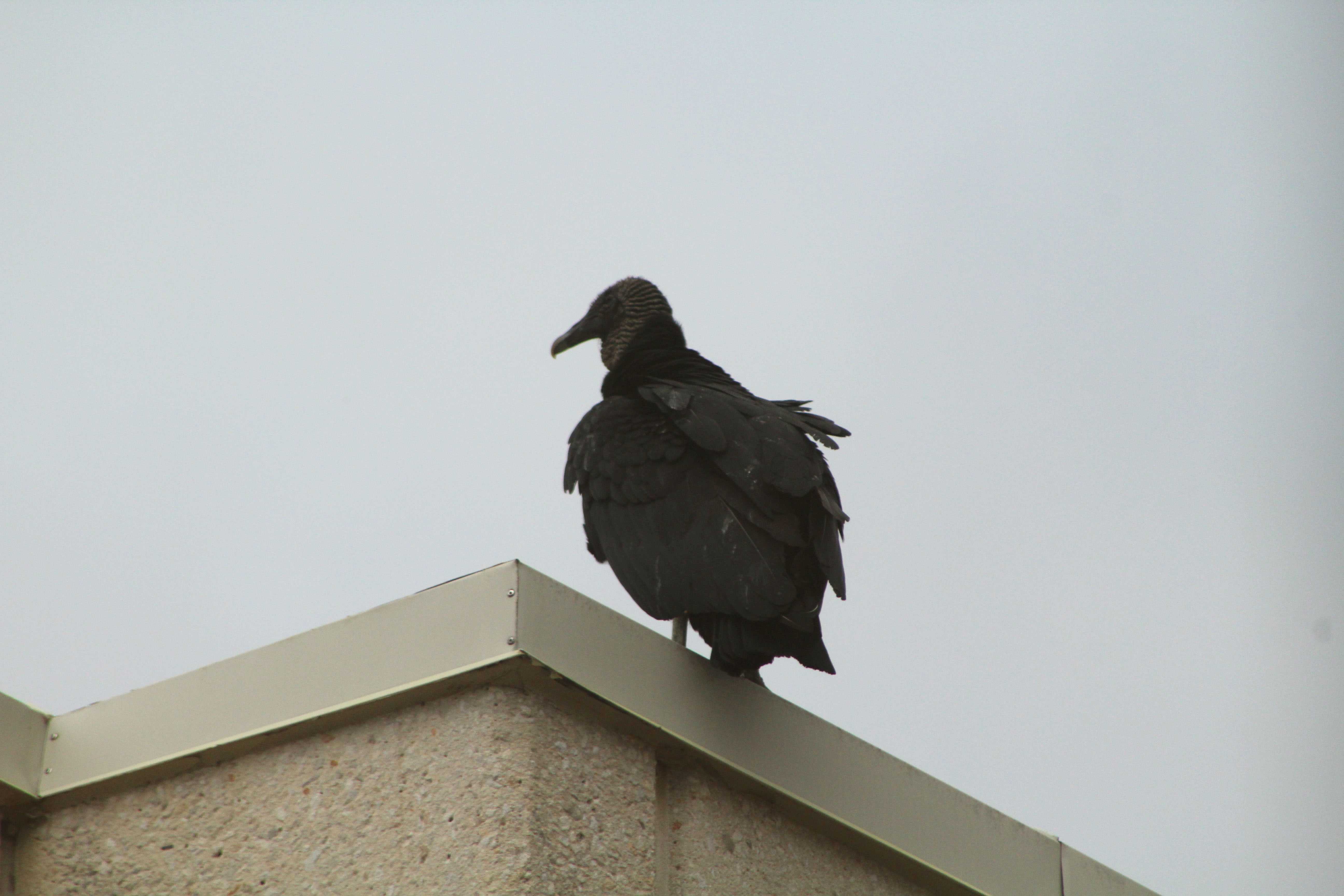
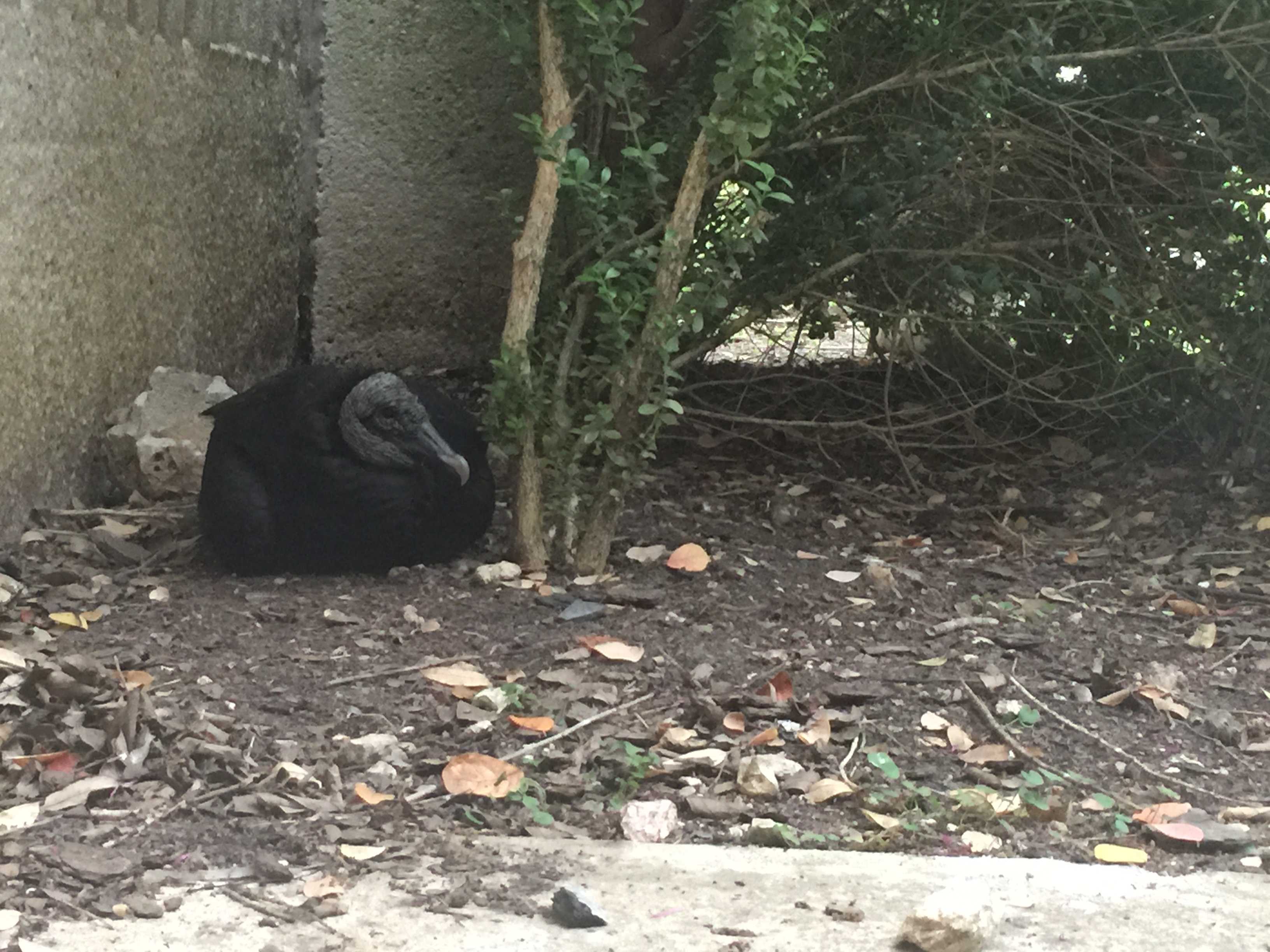

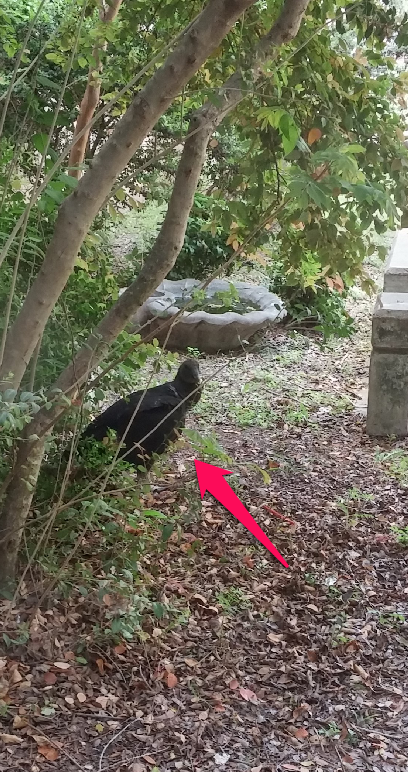
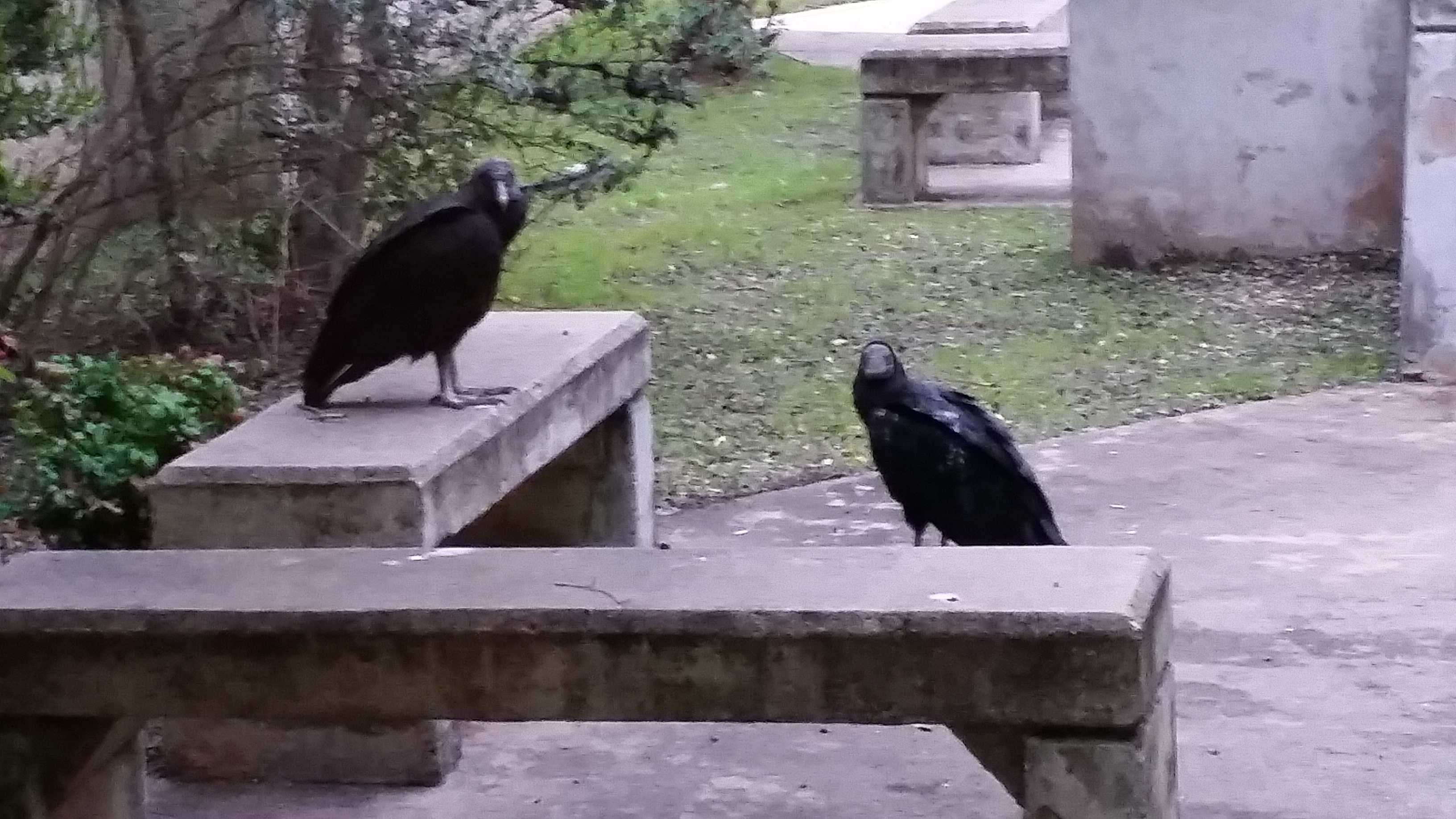
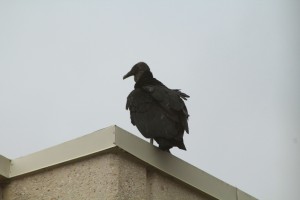
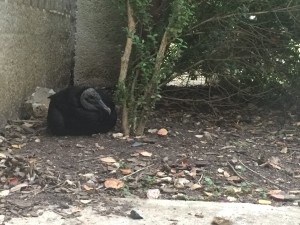
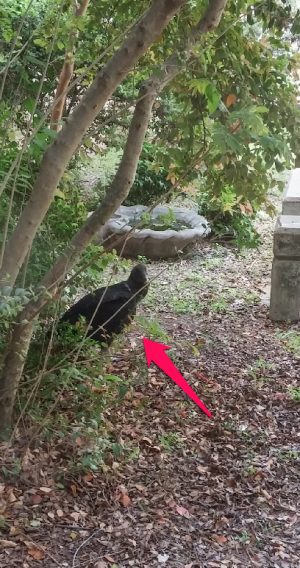
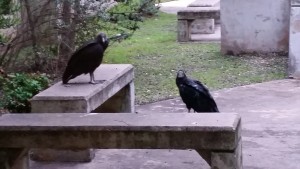
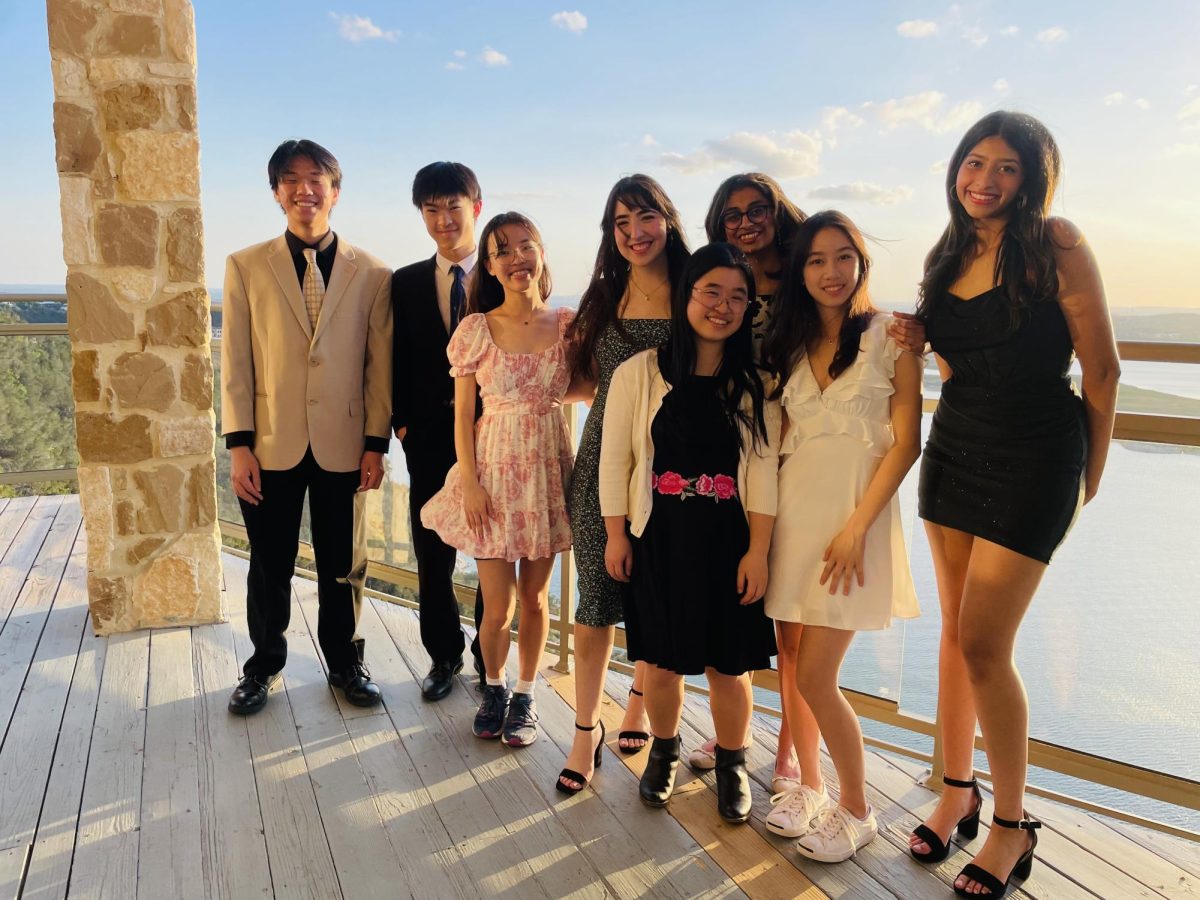

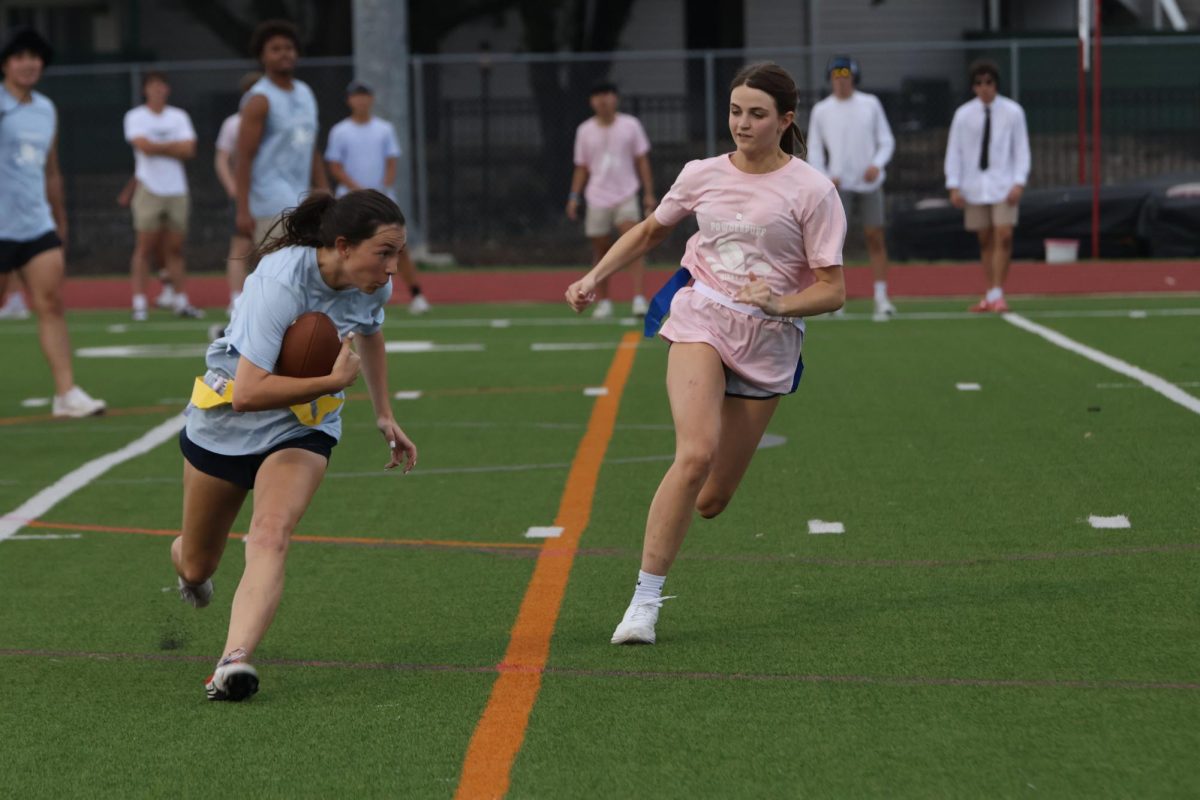
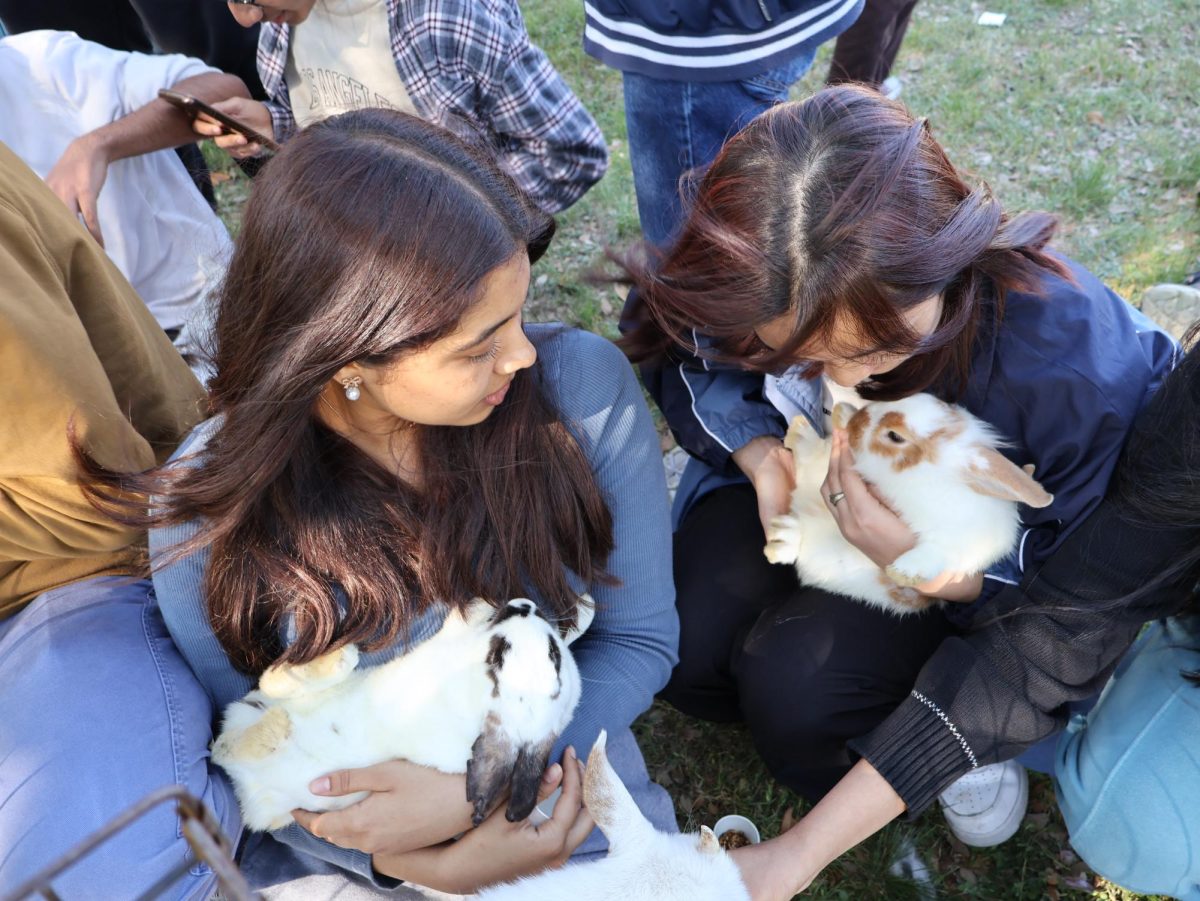
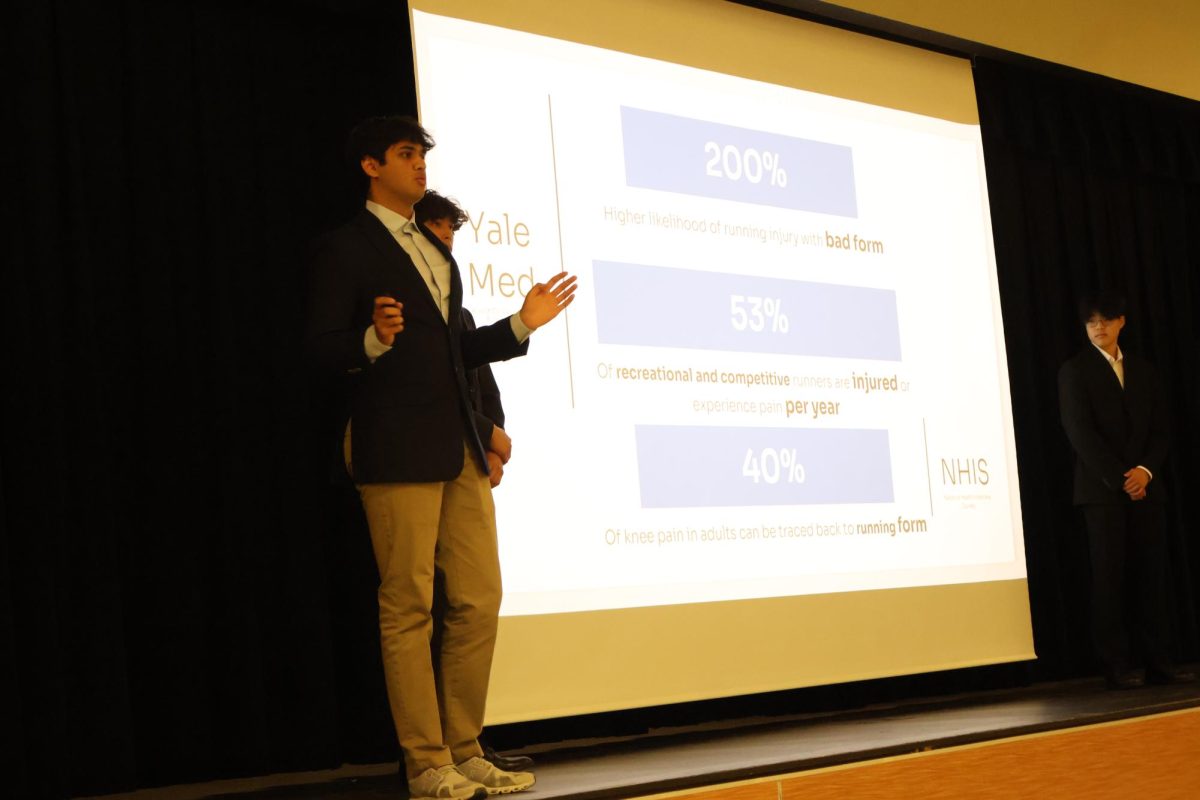
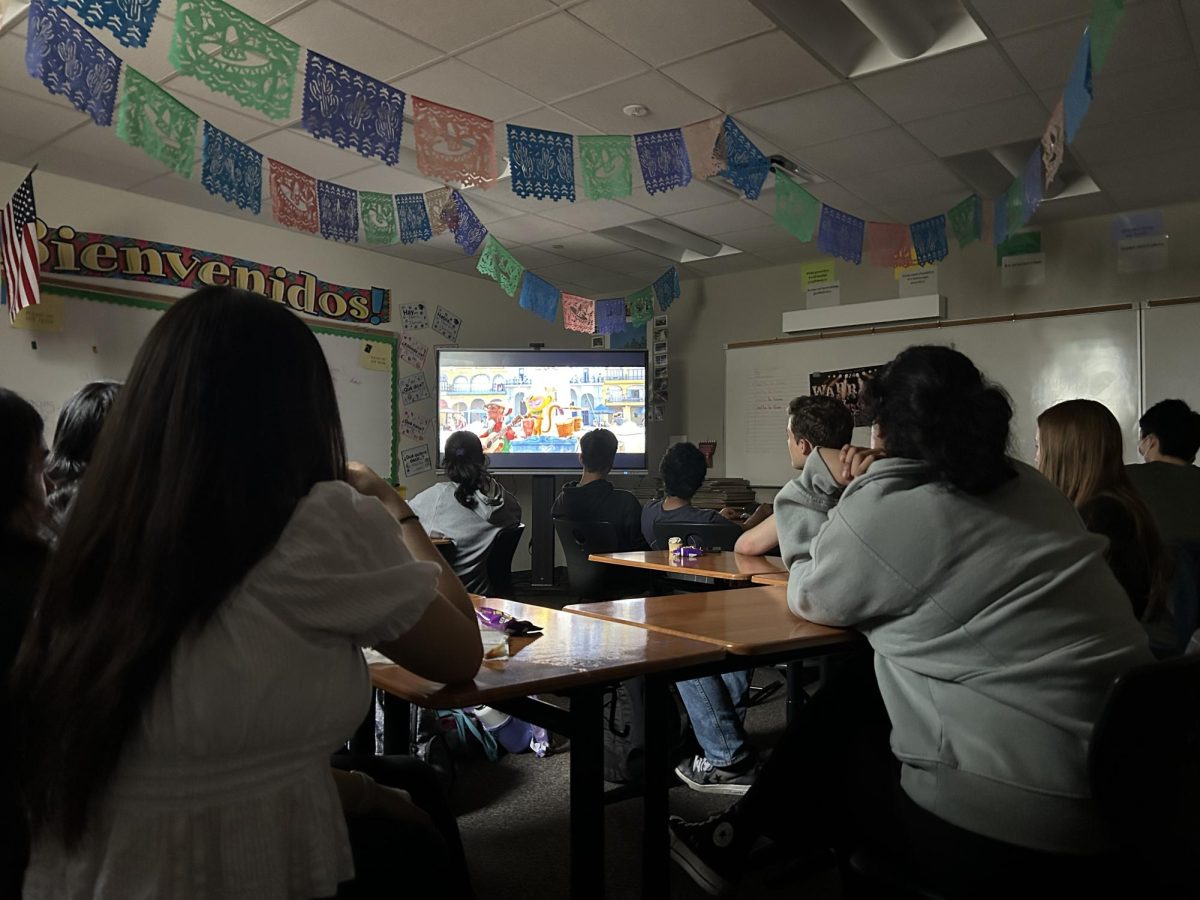




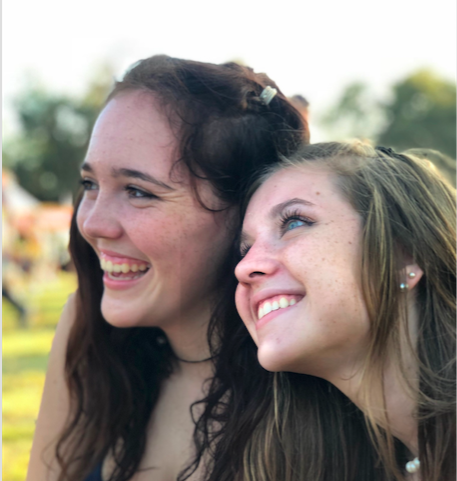

Ms. Coats • Apr 9, 2015 at 10:57 am
Great story. Thank you for the information on the biology of the buzzards, our newest Warriors.